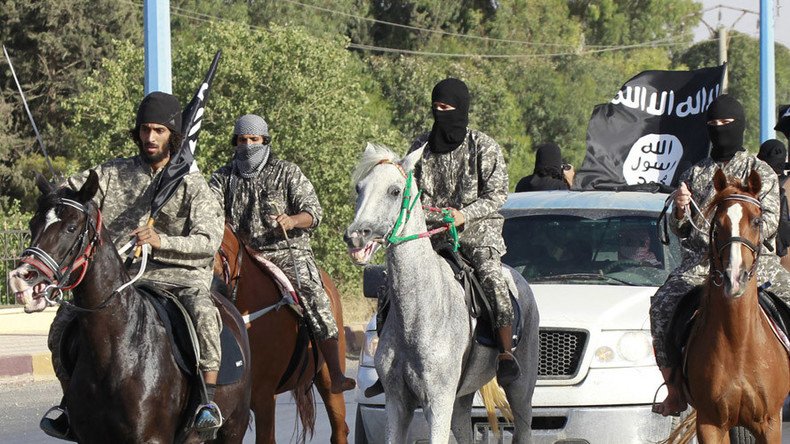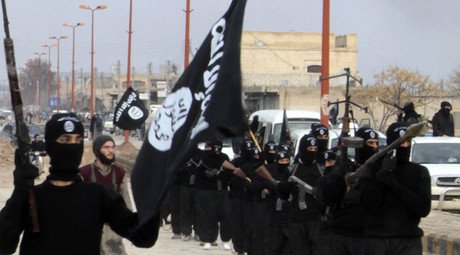ISIS militants used mustard gas against Kurdish forces in Iraq – chemical weapon watchdog

ISIS militants attacked Kurdish forces with mustard gas last year, according to an Organization for the Prohibition of Chemical Weapons (OPCW) source. Lab tests came back positive for the substance after Kurdish soldiers fell ill on the battlefield.
The source, speaking to Reuters on condition of anonymity, said the laboratory tests confirmed that chemical weapons had been used by Islamic State (IS, formerly ISIS/ISIL) fighters. The OPCW, however, has not officially identified who used the mustard gas.
The samples were taken after 35 Kurdish troops became ill on the battlefield last August while fighting IS militants southwest of Erbil – the capital of Iraq's autonomous Kurdish region.
It represents the first known instance of chemical weapons use in Iraq since the fall of Saddam Hussein, the source said.
Kurdish representatives announced in October that IS militants had used mortar rounds containing mustard gas against the troops, citing blood samples taken from the ill soldiers.
The Monday revelation comes just three days after Central Intelligence (CIA) Director John Brennan stated that IS had used chemical weapons on the battlefield, stressing that the militant group may have more in its possession.
The OPCW also concluded in October that mustard gas had been used in neighboring Syria last year.
Experts believe the mustard gas used in Syria originated from an undeclared chemical stockpile, or that militants have gained the basic knowledge to develop and conduct a crude chemical attack with rockets or mortars.
The Syrian government gave up its own supply of chemical weapons – including stockpiles of mustard gas – under international supervision, after hundreds of civilians were killed with sarin nerve gas in a Damascus suburb in 2013. Western countries have pointed the finger at President Bashar Assad, though his government has denied the accusations.
Mustard gas is a Class 1 chemical agent, meaning it has very few uses outside of chemical warfare. It is known to destroy the eyes, skin, and respiratory tract.













